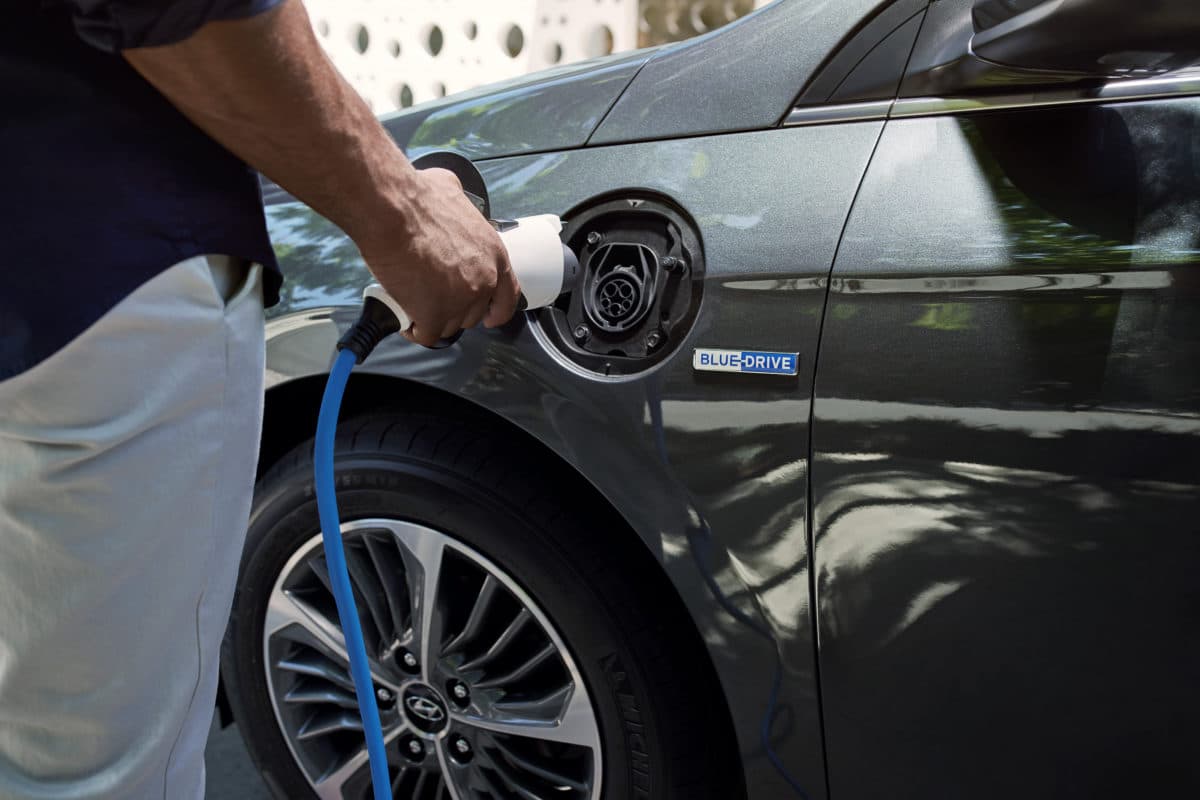The High Court of Victoria has sided with two electric vehicle (EV) owners to strike down the Victorian government’s Zero and Low Emission Vehicle (ZLEV) Distance-based Charge Act 2021.
The 4-3 decision has been closely watched across Australia for its implications on how EVs are taxed here and what exactly can be collected by governments for their use of roads. It was reported that other Australian states were considering similar taxes.
Hopes of such moves now appear moot with the High Court deeming the tax an “excise,” an inland tax on goods, that only the Commonwealth government has the power to apply, according to section 90 of the Constitution.
In 2021, Victoria attempted to levy a 2.8c per kilometre tax on electric vehicles, with EV owners Christopher Vanderstock and Kathleen Davies taking the government to court over the tax that same year. The High Court’s full decision is available here.
Australia is still lagging the world in its uptake of EVs, but Australia’s Minister for Climate Change and Energy, Chris Bowen, recently said EVs now represent almost 9% of new car sales, up from just 2% in May 2022.
Breaking: The High Court has ruled Victoria's EV Road User Tax is Constitutionally invalid.
Such taxes are a 'duty of exise' and so the exclusive domain of the Federal parliament. Decision could have broader implications for state-based taxes. pic.twitter.com/T2G0cwtjmg
— Michael Mazengarb (@MichaelM_ACT) October 17, 2023
This content is protected by copyright and may not be reused. If you want to cooperate with us and would like to reuse some of our content, please contact: editors@pv-magazine.com.









By submitting this form you agree to pv magazine using your data for the purposes of publishing your comment.
Your personal data will only be disclosed or otherwise transmitted to third parties for the purposes of spam filtering or if this is necessary for technical maintenance of the website. Any other transfer to third parties will not take place unless this is justified on the basis of applicable data protection regulations or if pv magazine is legally obliged to do so.
You may revoke this consent at any time with effect for the future, in which case your personal data will be deleted immediately. Otherwise, your data will be deleted if pv magazine has processed your request or the purpose of data storage is fulfilled.
Further information on data privacy can be found in our Data Protection Policy.